Skin Cancer Treatments
Skin Cancer Treatment
Surgical and non-surgical treatments for all skin cancers, performed by experienced doctors in purpose-built operating facilities with nursing support.
The doctors at National Skin Cancer Centres strive to deliver prompt, efficient and effective treatments that minimise scarring. Most skin cancers can be completely cured if detected early.
The treatment received will depend on multiple factors:
-
Type of cancer: Some skin cancers are more dangerous than others and all must be treated with appropriate techniques.
-
Size: Some skin cancers can spread out across a larger area of the skin or may have penetrated deeper into underlying tissues.
-
Location: A skin cancer on your arm will require different treatment to a cancer on a body part which is more sensitive.
-
Progression: Sometimes skin cancers can spread to other body organs, requiring a combination of different treatment methods.
Book an appointment at a location near you
Treatment options for skin cancer
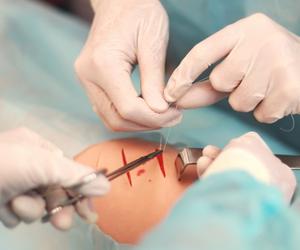 |
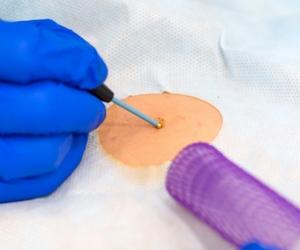 |
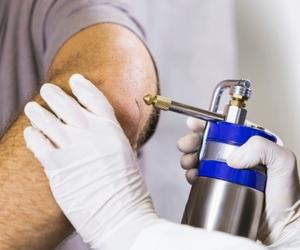 |
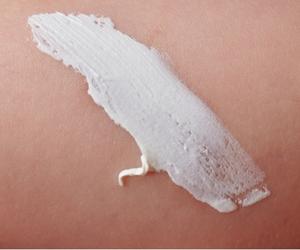 |
| Surgery | Curettage | Cryotherapy | Topical cream |
| The skin cancer and a margin of surrounding tissue are fully excised with a scalpel. The wound is sealed with sutures. | The skin cancer is scraped with a sharp instrument and surrounding tissue is burned to eliminate cancer cell remnants. | Spraying liquid nitrogen onto the skin cancer and an area around it, the cancer is frozen and abnormal cells are killed. | A cream is applied that stimulates the immune system and promotes your own body to destroy the cancer cells naturally. |
Benefits
In safe hands
Surgical and non-surgical skin cancer treatments are performed in our centres by an experienced team of doctors who have undertaken postgraduate qualifications in skin cancer medicine, surgery, and related fields for your peace of mind.
Fast and effective skin cancer treatment
If diagnosed and treated early, most skin cancers are curable with one short procedure.
Dedicated skin cancer treatment facilities
Our dedicated skin cancer centres are purpose-built to deliver all aspects of skin cancer care from diagnosis to treatment and aftercare, all under one roof. In most cases, you won't need to be referred onwards to a specialist or a hospital for treatment, saving you time and money.
Optimal medical and cosmetic outcomes
The doctors at National Skin Cancer Centres have a range of surgical and non-surgical treatment options and the latest technology at their disposal, leading to safe and effective skin cancer treatment with optimal scarring results.
Continuing aftercare
The doctors are supported by a dedicated team of nurses who will look after you before, during and after your procedure, assisting with wound care, dressings, and any questions you might have.
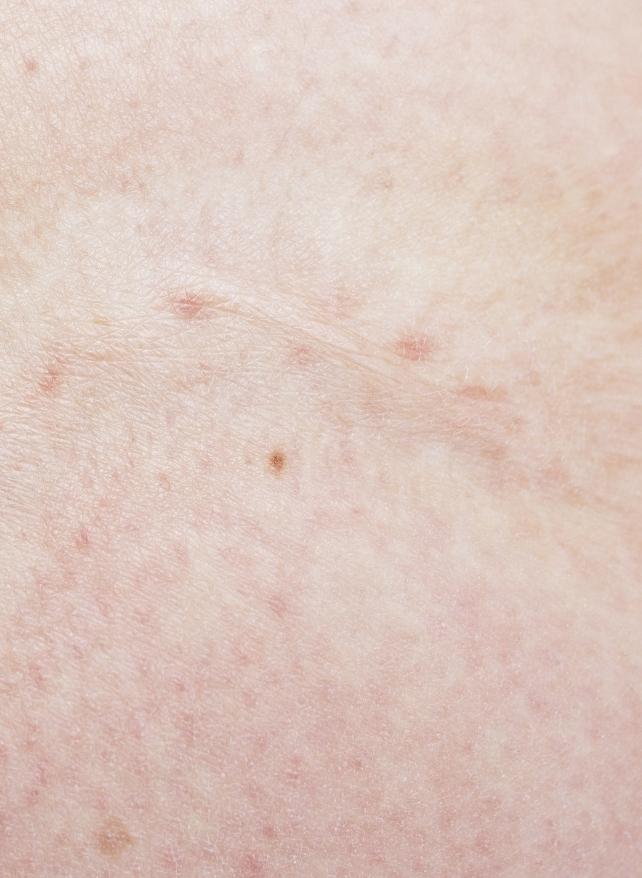
Frequently asked questions
What happens if my skin cancer has spread to other organs?
If your skin cancer is at an advanced stage or has spread to other organs, you will be assisted with an onward referral to undergo radiotherapy or chemotherapy.
Don’t worry – if detected early, this is a highly unlikely outcome.
Can I choose my skin cancer treatment?
The type of skin cancer treatment you receive depends on multiple factors and your doctor will discuss the benefits and risks of all available options with you.
How much downtime will I need?
Your post-treatment downtime will vary depending on the nature of the procedure. Some topical treatments require no downtime, while complex surgical procedures may require downtime of a week or more.
Your doctor will discuss the downtime with you.
Will skin cancer surgery leave a scar?
The doctors at National Skin Cancer Centres are very skilled at performing skin cancer surgery in cosmetically sensitive areas to reduce scarring and enhance cosmetic results.
Advanced wound care with LED light therapy can speed up healing, reduce inflammation and discomfort, and reduce scarring. Speak to your doctor about including LED light therapy as part of your treatment plan for optimal results.
We know skin
Medical and cosmetic
skin concerns addressed
by certified skin experts.
We keep you safe
Expert consultations and
safe treatments delivered
in a medical facility.
We delve deeper
Comprehensive approach
to overall skin health and
personalised treatments.
We achieve results
Patient-centred focus to
achieve healthy, beautiful
skin for life.
